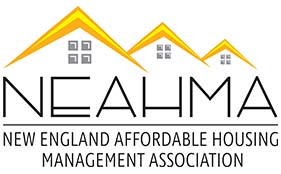Trainer: Catherine Downing
There have been several significant developments in addressing evictions during the state of emergency, both on the Federal and state level, including two important pieces of legislation: the Coronavirus Aid, Relief, and Economic Security Act (“CARES Act”), which was signed into law on March 27, 2020 and H4647 signed by the Governor of Massachusetts on April 20, 2020, which has now been extended by the Governor, which imposes a partial moratorium on evictions for affected properties, as well as regulations adopted by state agencies and Standing Orders issued by the Housing Court. It is vital to understand the restrictions contained in these laws and regulations with regard to actions that can and cannot be taken by property owners and management companies—as well as the rights and responsibilities of both landlords and tenants, in affordable housing developments. These moratoriums have not only imposed a ban on non-payment cases, they have limited access to the Massachusetts Courts for cases involving lease violations, depriving landlords of one of their most effective tools in controlling resident behavior at a time when quarantine fatigue has set in and bad behavior is on the rise.
Learn about the impact of these statutes and regulations on residential and commercial tenancies, including the effect on the court process for evictions, both during and after the expiration of those laws and regulations. We will share survival strategies for management companies and their employees to address lease violation issues and non-payment of rent, both during and after the moratoriums and will talk about current and future developments in this area.



